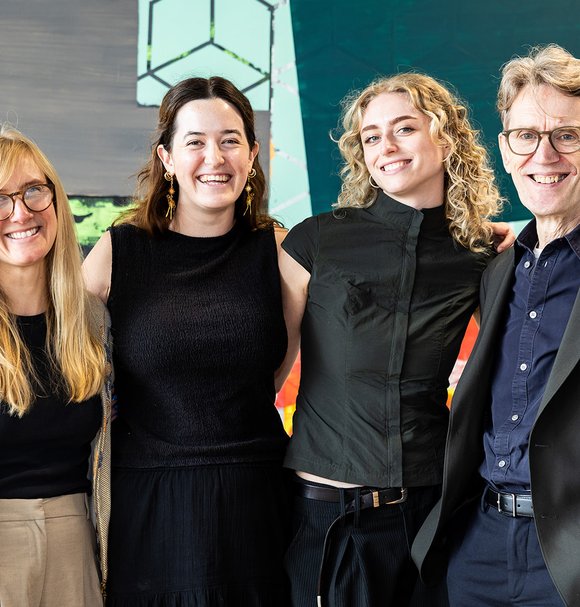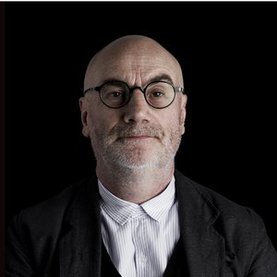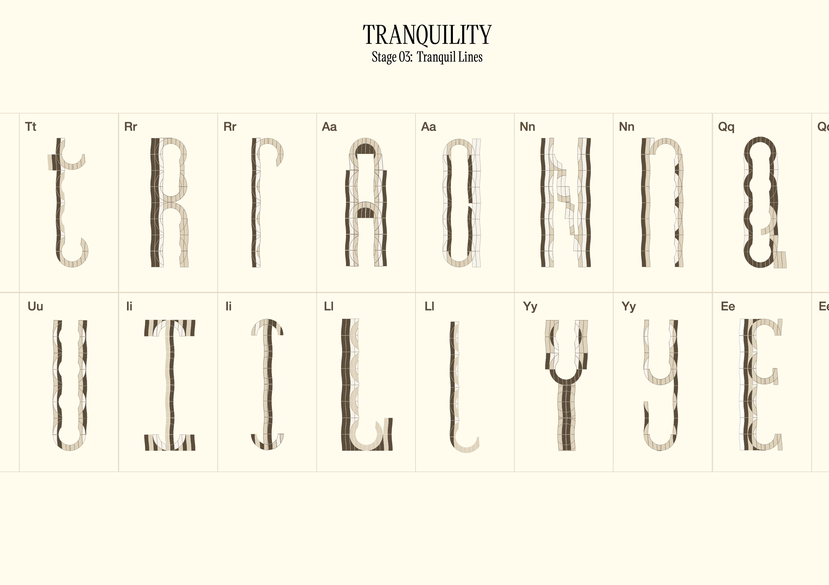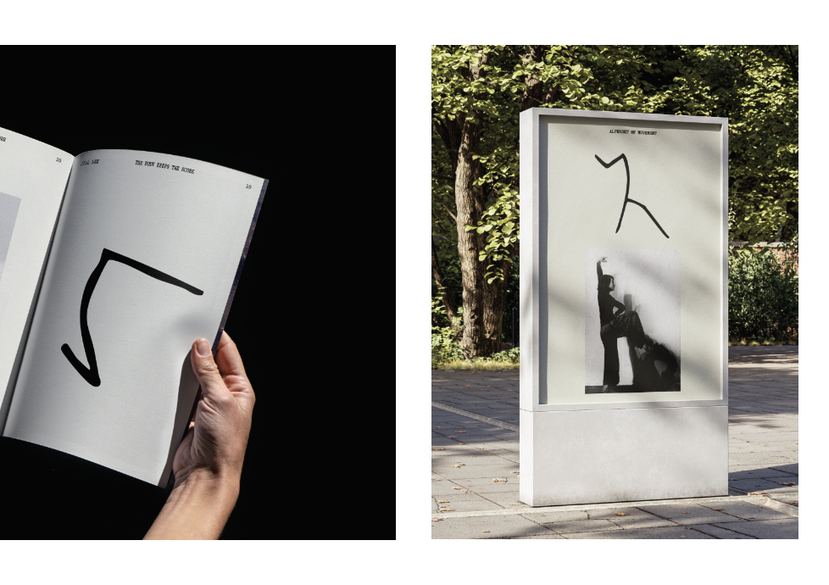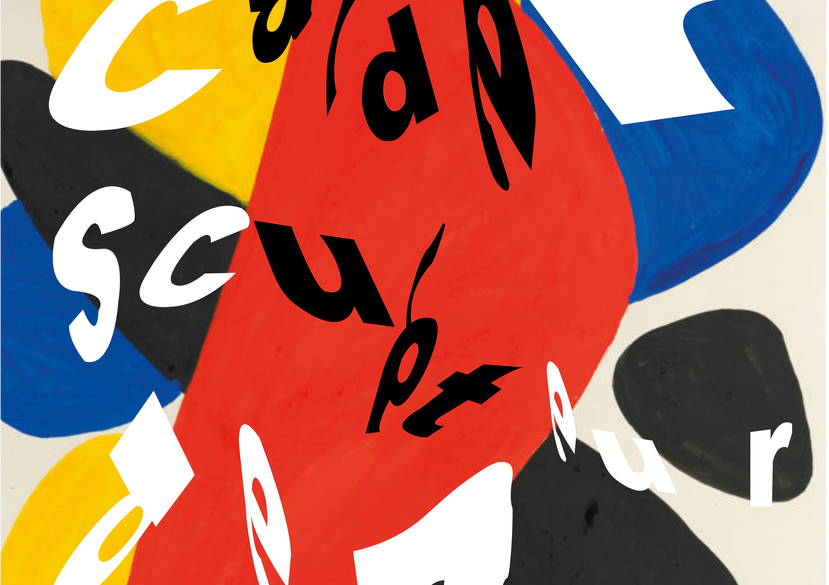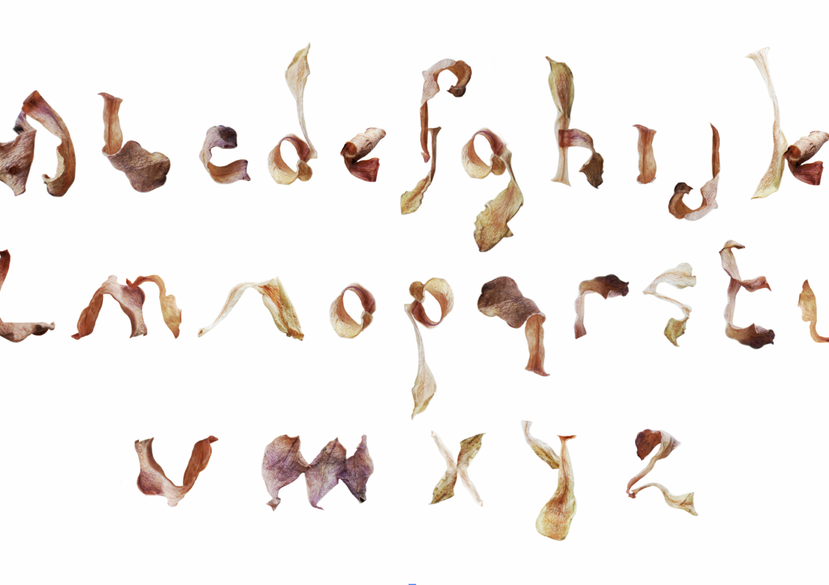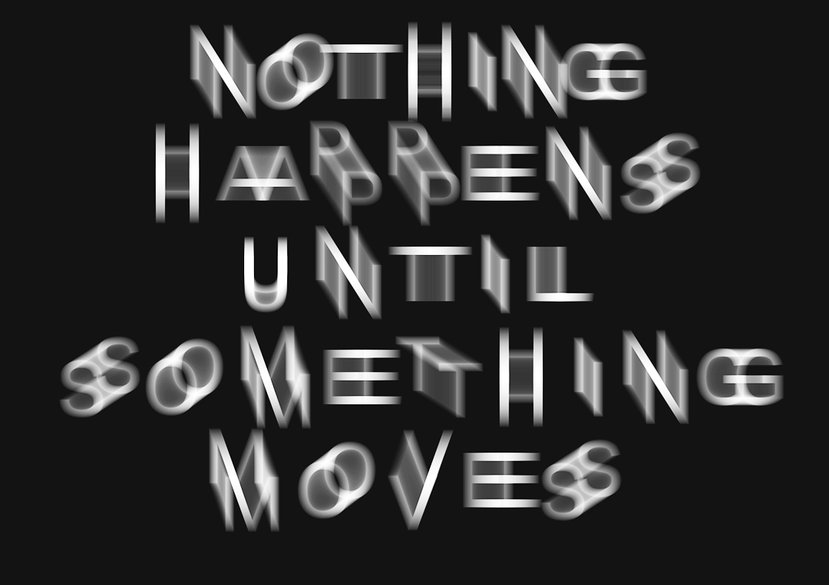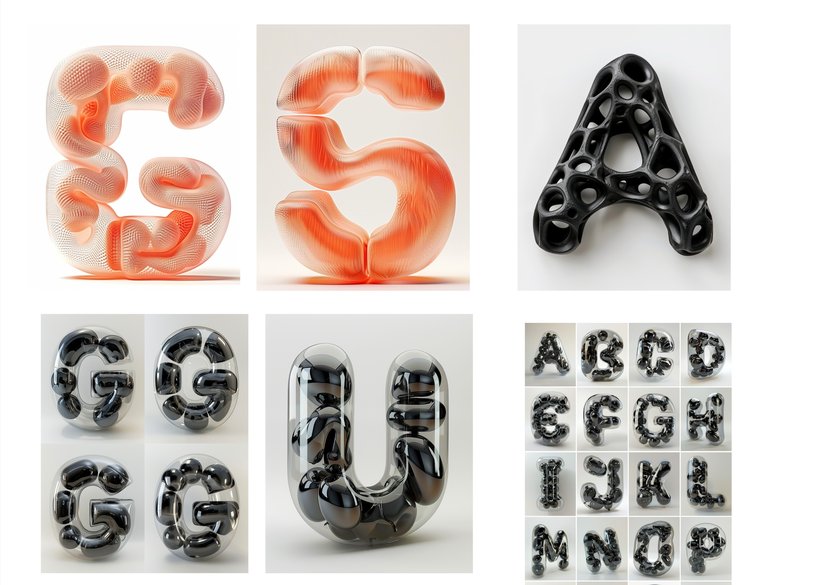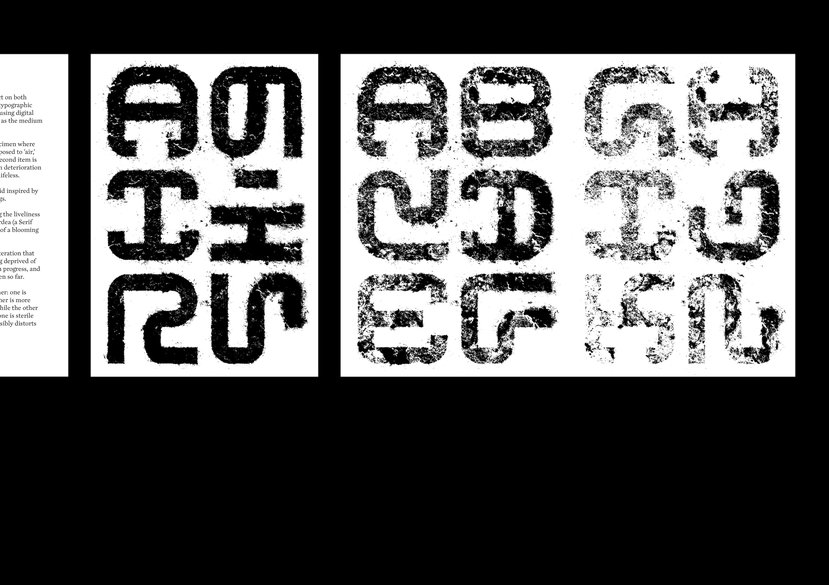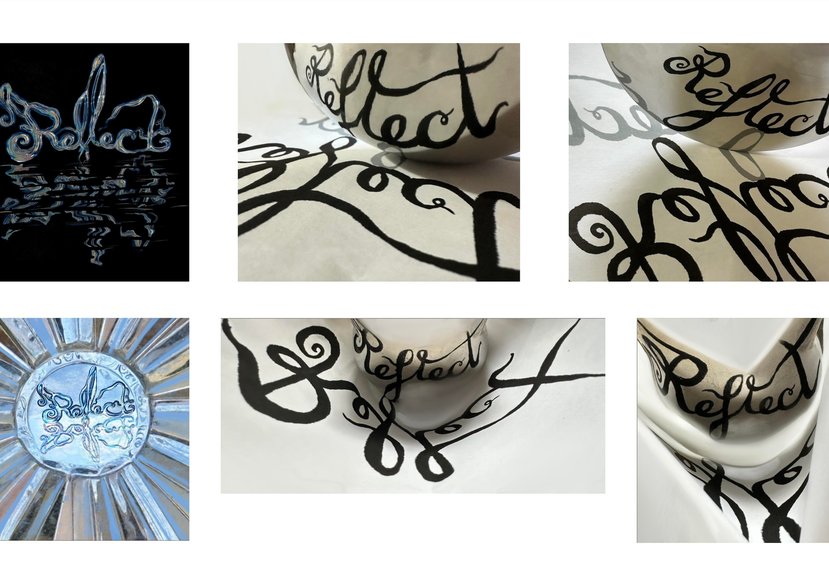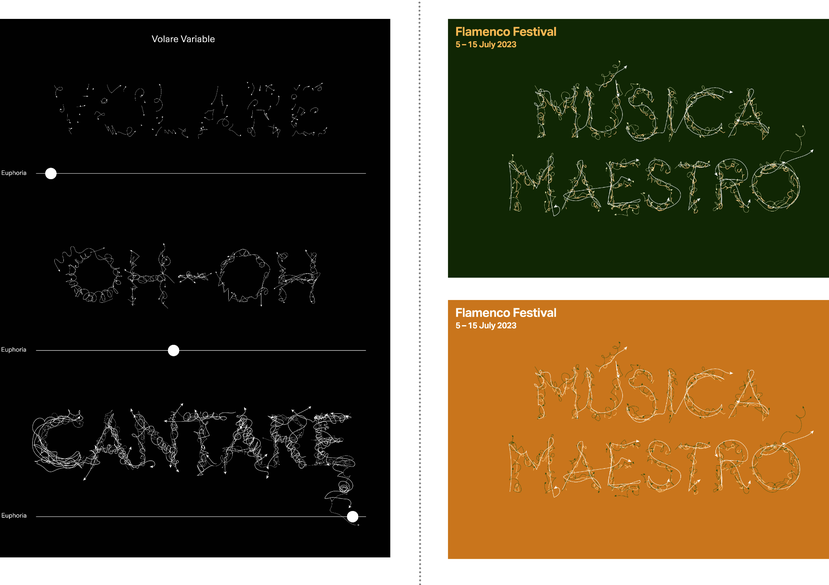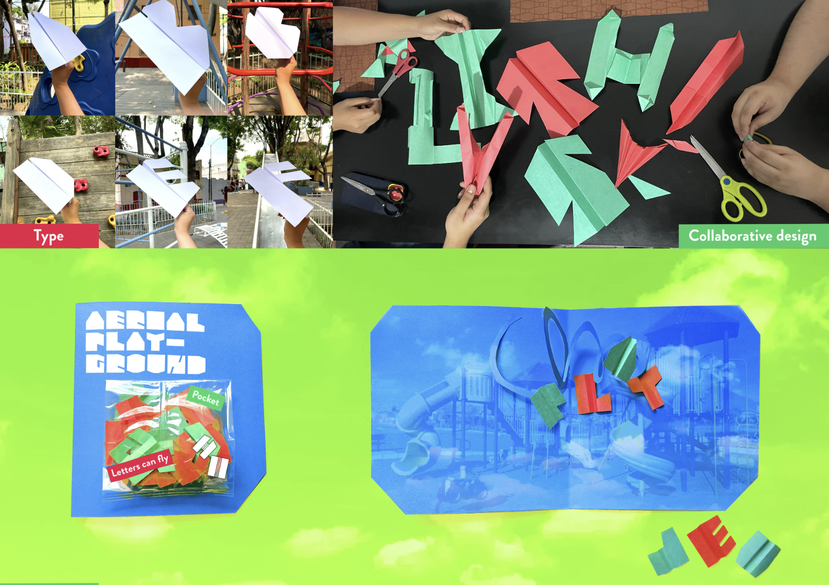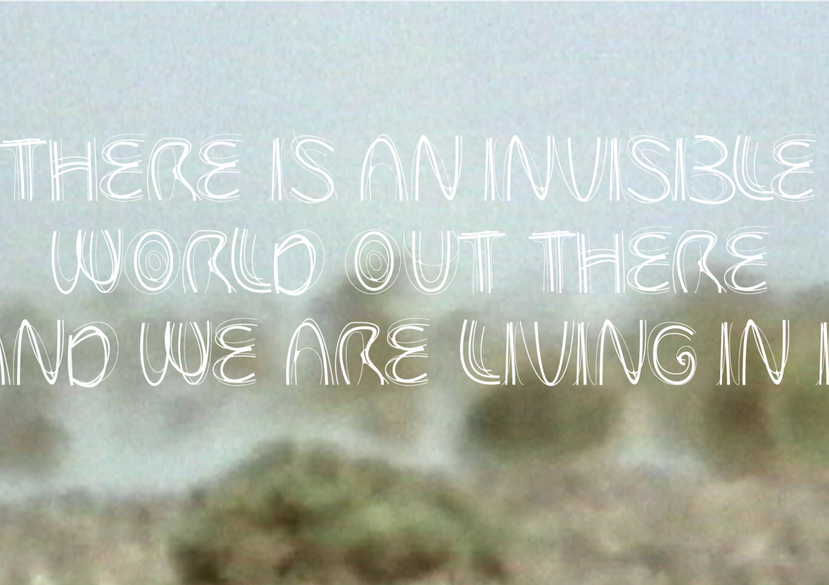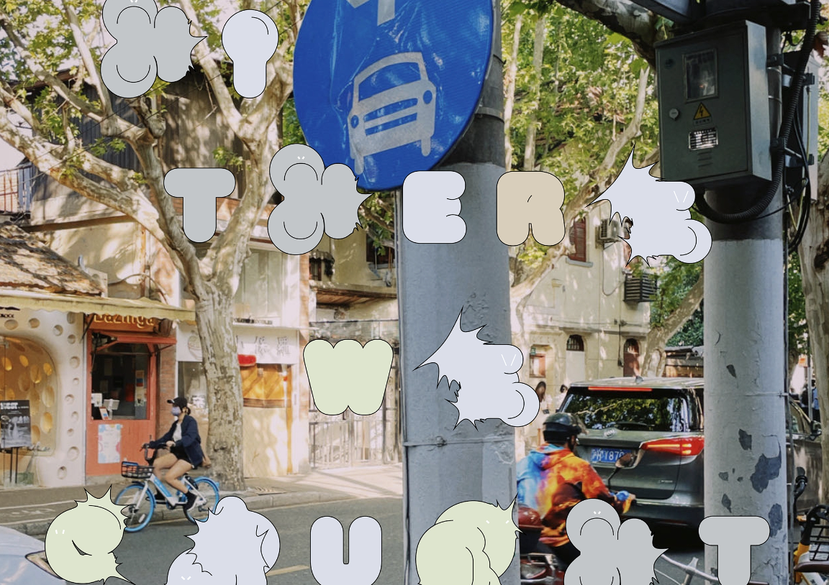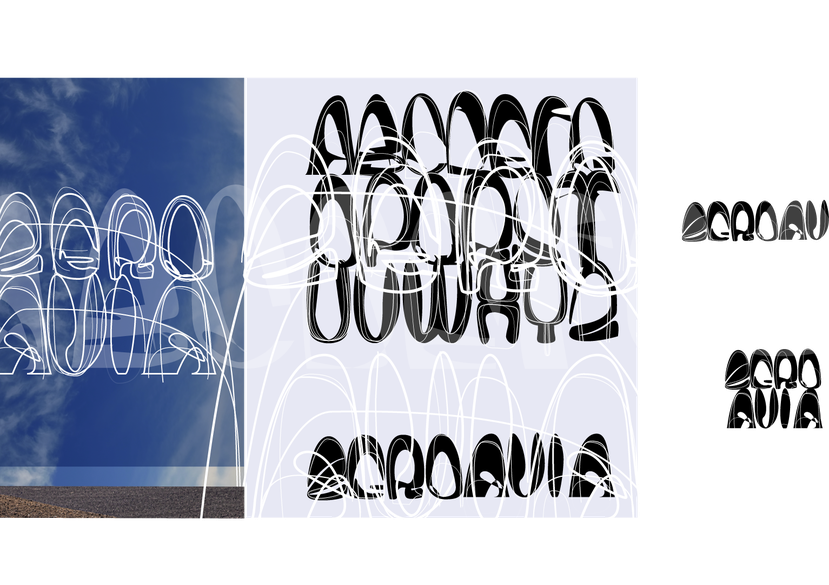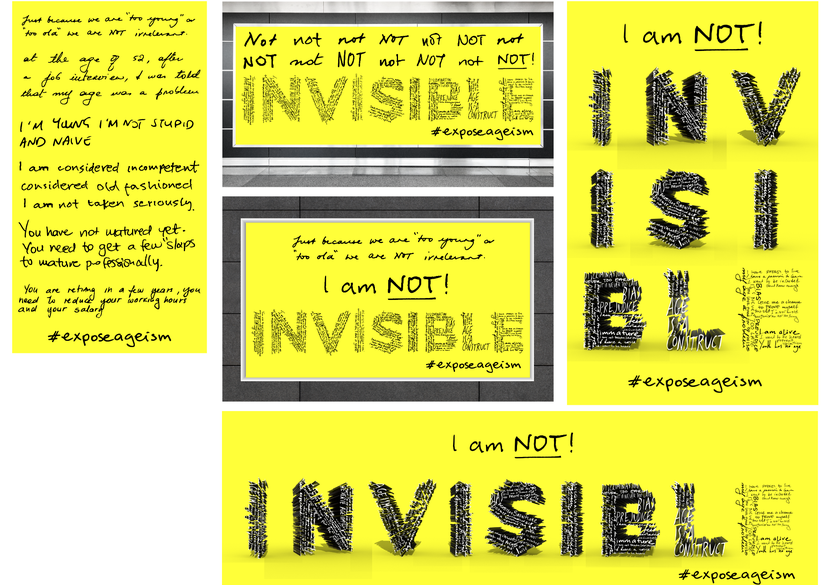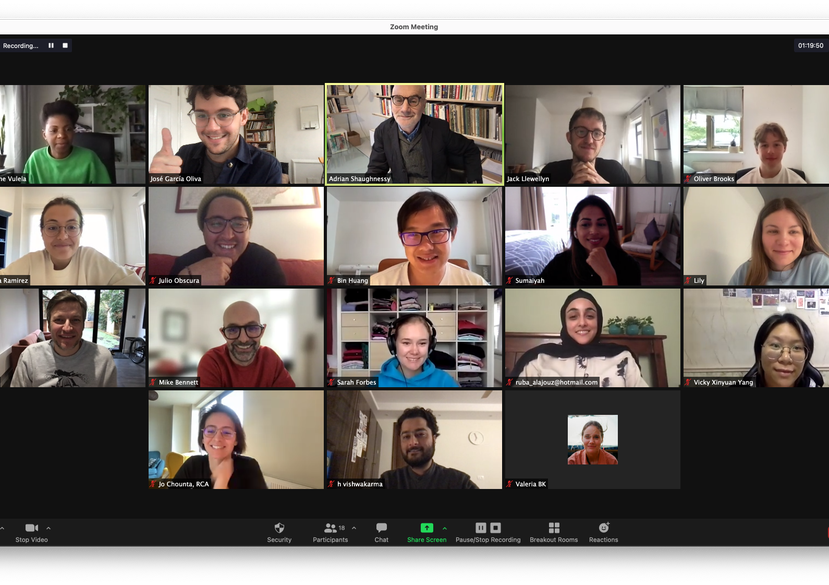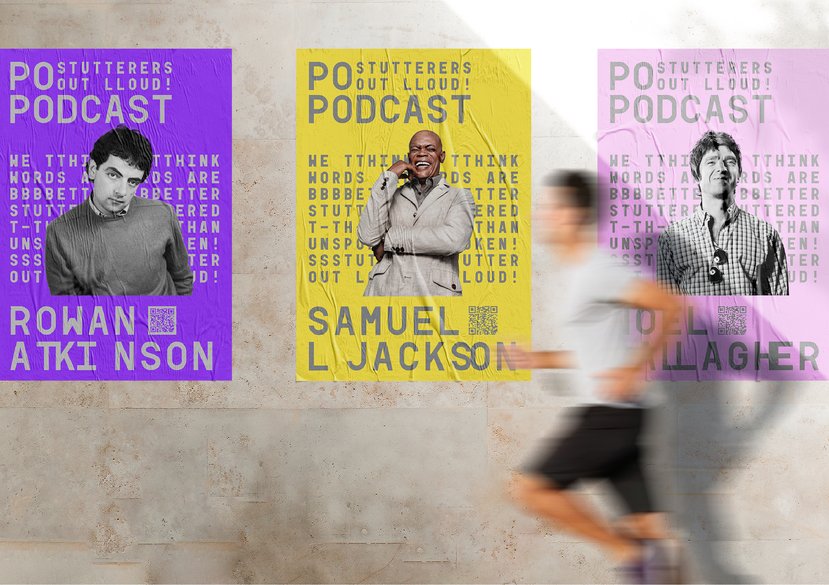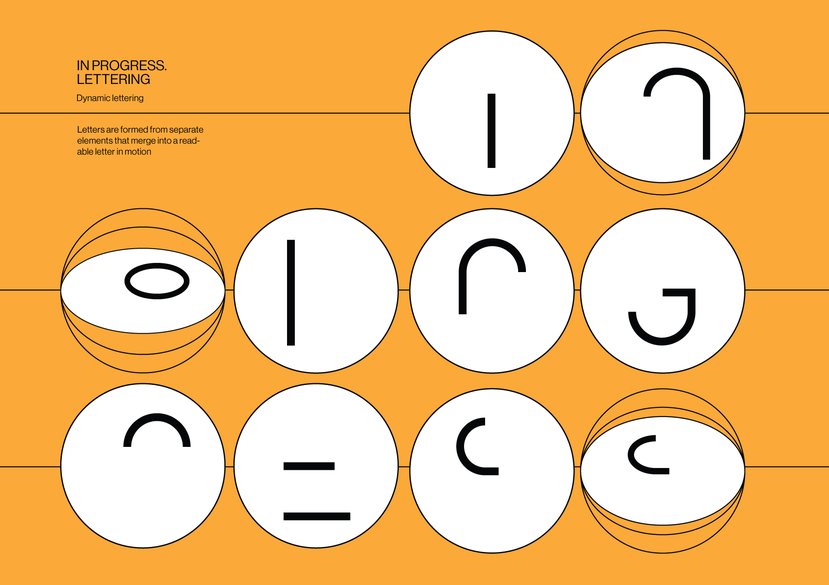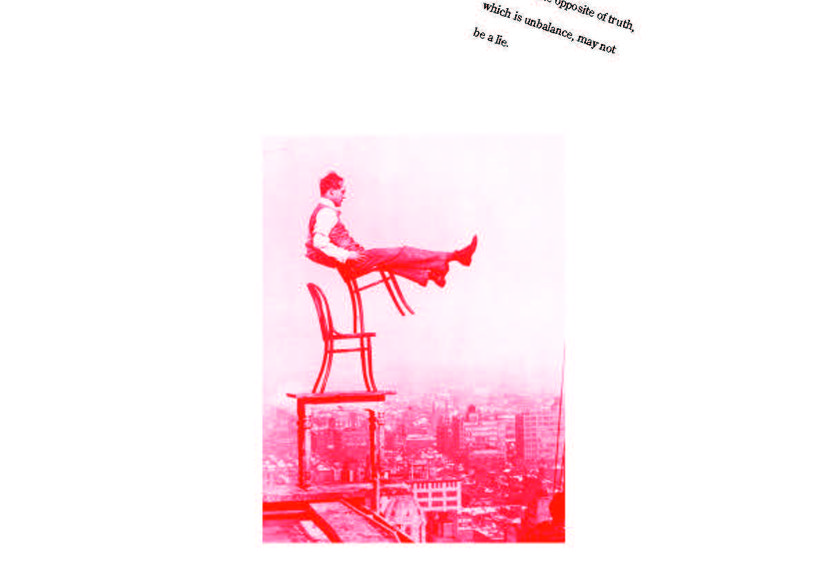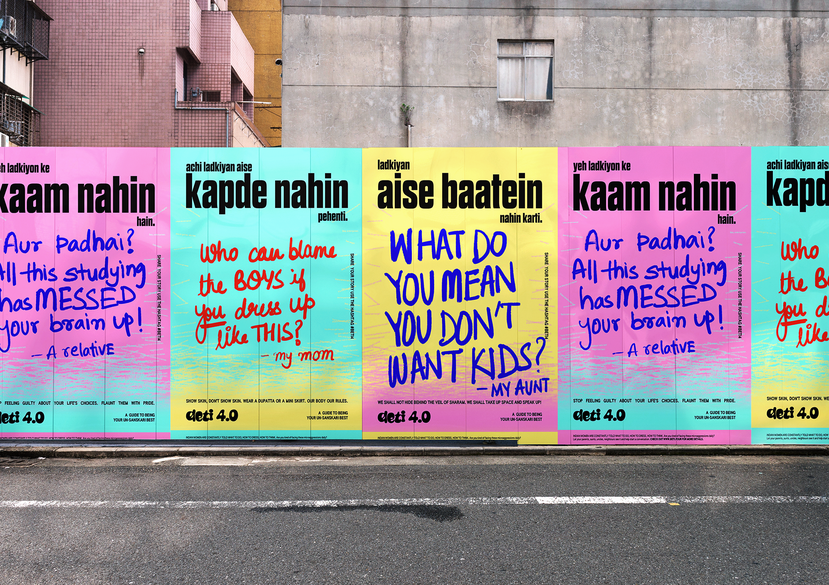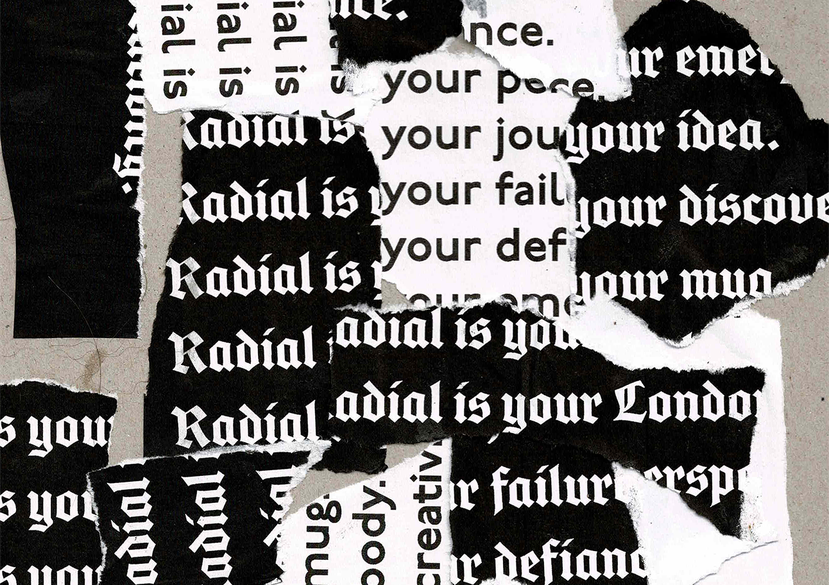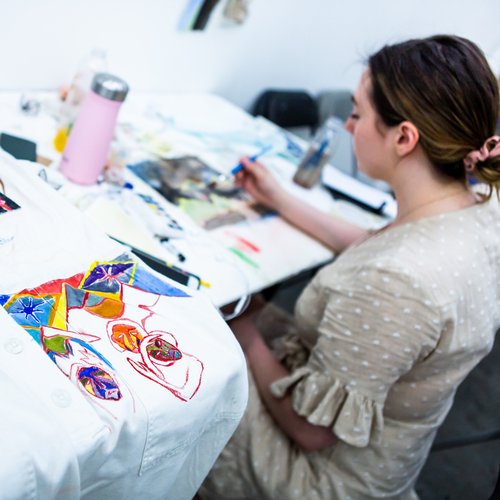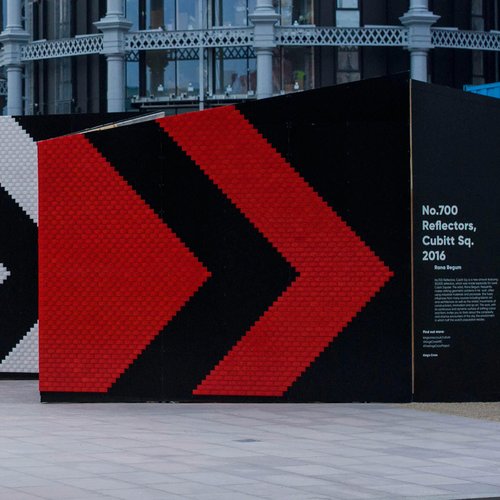
Develop your typographic expertise in this open an experimental online short course environment, under the expert guidance of RCA tutor Adrian Shaughnessy.
Key details
Fees
- Early Bird Fee: £1,175
- Regular Fee: £1,325
- Bookings Close: Monday 25 May 2026
Dates
-
The course runs over four weeks, with two x three-hour sessions per week.
Week One: 2 & 5 June 2026
Week Two: 9 & 12 June 2026
Week Three: 16 & 19 June 2026
Week Four: 23 & 26 June 2026
10:30am – 1:30pm BST per session
Location
-
Live Online
Typography is part science and part art. A failure to understand this can result in mediocre typographic expression or, worse, miscommunication. This course aims to acquaint you with the core principles of typography (the science) and inspire you to develop your powers of typographic expression (the art).
In this intensive learning and working environment, you will be given the practical and theoretical support needed to develop your own typographic practice.
Each participant will work on individual projects that develop personal and professional skills and inspire original expression. Participants will be encouraged to follow RCA's pedagogical philosophy in developing their own projects and working towards validating and presenting their proposals to RCA tutors.
The course is led by Adrian Shaughnessy (Graphic Designer, Writer, Editor, Publisher and former RCA tutor) in partnership with Astrid Stavro (Designer and President of ISTD).
If you are interested in exploring Typography but would like to know more about the topic, check out our free online IN SESSION talks below:
Typographic Abstraction: the shift from semantics to spectacle
Exploring FUSE - a Revolution in Visual Languages
(RCA Image credit: Melanie Dikaiou, Typography short course 2023)
About the course
Course structure
This course is delivered online and is highly interactive, through live learning with self-directed work undertaken by participants between sessions.
The course will run over four weeks, with two three-hour sessions each week.
What will you learn?
By the end of this course, you will have learnt:
- to confidently make type function in various settings, from traditional to contemporary, from handmade to computer-generated, from print to electronic
- to develop your own typographic projects and present them in front of RCA tutors
- a set of new skills and tools to improve your personal typographic expression.
How will you learn?
- Students will work on briefs in their own time and use the online sessions to present work, receive critique and engage in group discussions.
- Work with practitioners and educators to develop a critical, creative and insightful practice in an environment catered for personal exploration.
- Attendees are encouraged to make work in response to briefs, and then submit it to informed critique.
What are the course outcomes?
Participants might work on:
- a new typeface
- typographic outputs (print and/or digital)
- typographic publication (print and/or digital)
- validating and testing their concepts in front of experts.
Who should attend?
- Graphic design students.
- Recent graduates who wish to improve their typography skills and knowledge.
- Professionals working in publishing, advertising and communication.
- Prospective graphic design/visual communication students.
- Anyone seeking an opportunity to experiment without professional constraint.
Personal and organisational benefits
In this course you will gain:
- the confidence to recognise and explore the multifaceted nature of the typographic discipline
- the ability to discuss approaches and gather knowledge about contemporary and historical trends
- awareness of the broader typographic landscape
- a chance to work on MA-level projects and experience professional-level critique
- a certificate of online attendance.
Online delivery
The course is organised in synchronous sessions in a live virtual environment that combines various digital platforms and tools.
Zoom
Using the videoconferencing service Zoom, the RCA's esteemed academics and facilitators deliver a mix of:
- live lectures
- case studies
- guided assessments
- presentations.
Participants interact with the faculty and peers in breakout rooms in real-time.
Miro
Participants engage in cross-functional teamwork with the use of visual collaboration tools.
Through the online whiteboard platform Miro, participants get to:
- interact with various formats and templates
- plan and brainstorm ideas
- create processes and workshop activities in the digital workspace.
Moodle
The College's learning platform Moodle is personalised according to the course's requirements to provide participants with a secure integrated system where they can access the course content.
The hub hosts a range of valuable resources to enable the learning experience, including comprehensive timetables, pre-reading materials, course slides, curated videos, tutorials and session recordings.
Slack
Participants stay connected and communicate via the channel-based messaging platform Slack throughout the whole duration of the course.
In this space, the academics, facilitators and delegates get to network, plan the course activities, and share documents and files during the live sessions or offline.
Admission criteria
This course is not suitable for beginners.
It is preferable for participants to:
- have an undergraduate degree in a design subject or a demonstrably creative background
- be familiar with some of the industry-standard software packages (e.g. Adobe InDesign, Illustrator and Photoshop, FontLab, Glyphs, etc)
- use a desktop computer or laptop
- have a basic understanding of typography
- have a good level of English
- be 21 years or over.
*Limited number of places up to maximum 18 participants.
Disclaimer: The information given is accurate at the time of publication, however, the RCA reserves the right to amend the described course as circumstances dictate.
Course staff
Gallery
Contact us
Get in touch with us if you'd like to find out more about this or any of our other short courses.
short-courses@rca.ac.uk
